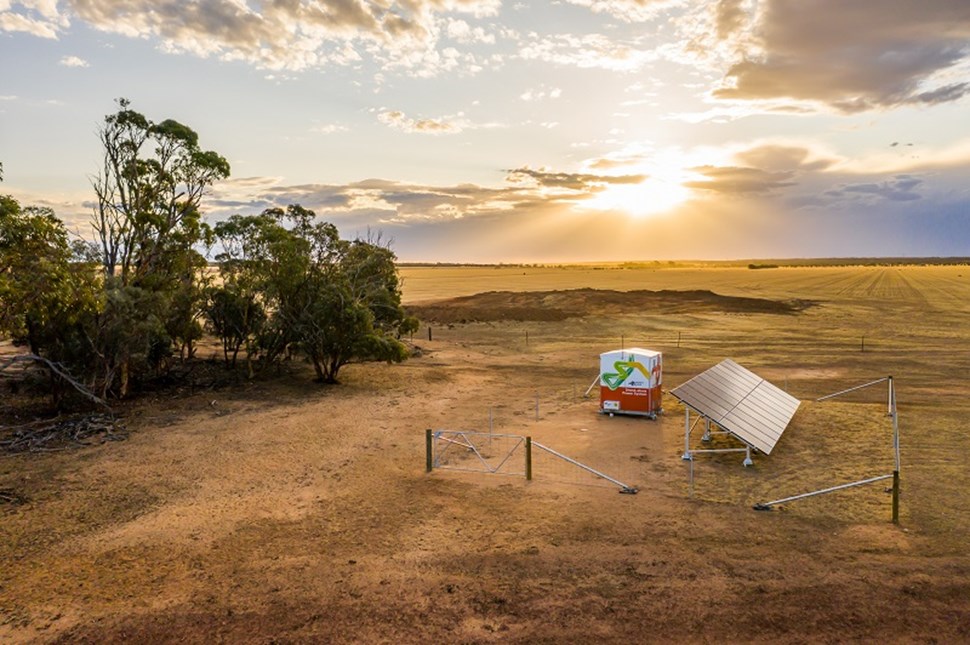Supposedly, there is nothing new under the sun, and considering the Pilbara is smack-bang under the sun’s nose, that would explain why Pilbara energy reforms have been talked about for 30 years without much new happening. That is, until now.
This week saw the passing of the Electricity Industry Amendment Bill 2019 by the Western Australian (WA) State Parliament. The Pilbara is integral to the WA economy, home to some of Australia’s, and the world’s, most significant mining projects and, of course, the under-construction 11 GW Asian Renewable Energy Hub. However, for decades the region has been sputtering under the strain of an electricity system dogged by high-costs, disjointedness and a lack of competition.
Firstly, the electricity reform bill will look to install greater competition in the market in order to lower the cost of electricity for large consumers. Although, assuming many of the region’s largest electricity consumers are mining corporations, surely if the State Government is looking to lower their costs they should just encourage the uptake of renewables on mine sites. Many mining corporations, such as Rio Tinto and Fortescue, are already investing in solar for their operations in the Pilbara.
Secondly, the bill seeks to make more efficient use of existing infrastructure to improve investor confidence in both mining and renewable energy projects. This is all sufficiently vague of course, but that seems to be the State Government’s attitude of “light-handed regulation”. What the bill does is establish a fit-for-purpose regulatory framework for the region, including an independent system operator.
Perhaps most encouraging for the average punter is amendments in the bill to facilitate the use of stand-alone power systems (SPS) and energy storage devices in the Northwest WA network. These new SPS systems, supported by solar, are not adequately incorporated into the current regulatory framework built to support large-scale generators connected to the network. Similarly, energy storage is integral to the continued uptake of rooftop solar PV. Both SPS and energy storage users can now expect substantial benefits from this bill.
SPS and energy storage have demonstrated themselves to be the perfectly tailored option for remote consumers in WA. November 2019 saw the end of a three-year trial of SPS in the Great Southern of WA, a trial in which SPS proved it could provide customers with a more reliable, and better quality, power supply.
At the trial’s conclusion SPS Program Manager Margot Hammond said SPS technology had proven its benefits for customers in rural and regional parts of the network as a cost-effective alternative to replacing poles and wires, however, Hammond noted a regulatory change is needed. We are now seeing that happen.
Ros and Bernie Giles took part in the Western Power SPS trial, and although they admitted to being sceptical at first, the Dunn Rock farming couple are delighted with the results after three years. “We’ve forgotten what power outages are,” says Ros.
WA orchardists Jeff and Kerry Murray are experiencing a similar freedom after taking themselves off grid with rooftop solar PV and Redflow batteries. The threat of bushfires and blackouts to the Murray’s energy security is no longer. “The bottom line is that this is a good business decision,” said Jeff Murray. “We will get back our money in eight to 10 years at the current price of power. As the price of energy goes up, we’ll pay it back even quicker.”
This content is protected by copyright and may not be reused. If you want to cooperate with us and would like to reuse some of our content, please contact: editors@pv-magazine.com.









1 comment
By submitting this form you agree to pv magazine using your data for the purposes of publishing your comment.
Your personal data will only be disclosed or otherwise transmitted to third parties for the purposes of spam filtering or if this is necessary for technical maintenance of the website. Any other transfer to third parties will not take place unless this is justified on the basis of applicable data protection regulations or if pv magazine is legally obliged to do so.
You may revoke this consent at any time with effect for the future, in which case your personal data will be deleted immediately. Otherwise, your data will be deleted if pv magazine has processed your request or the purpose of data storage is fulfilled.
Further information on data privacy can be found in our Data Protection Policy.